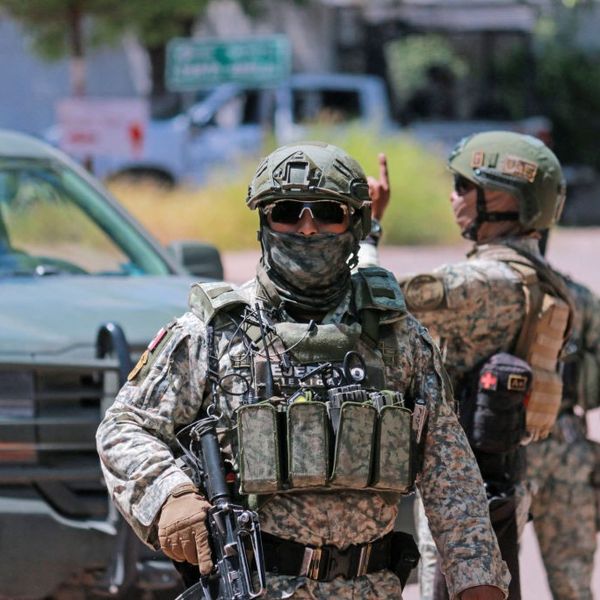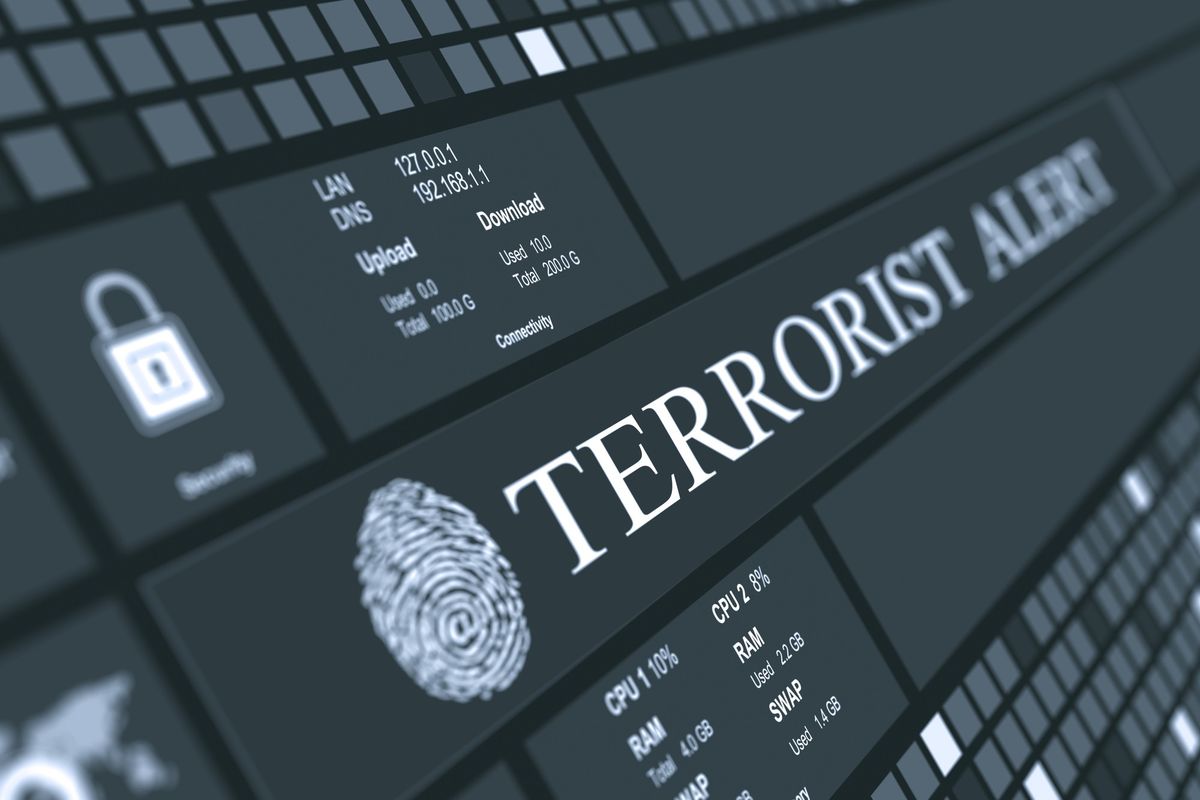In 2012, after returning from an overseas tour of duty, I was assigned as the senior National Clandestine Service representative to the Central Intelligence Agency’s Office of Congressional Affairs (OCA). As a career operations officer much more interested in clandestine collection and intelligence production than in Washington politics, I did not consider it to be a plum assignment. But seniors at Headquarters wanted an experienced field officer to help manage liaison between those conducting overseas operations and those overseeing them, and that fell to me. It was during my tenure in OCA that the Benghazi attacks occurred.
First, some context: I did not have, and to this day do not have, a political dog in the Benghazi fight. I was a career intelligence officer for 30 years at CIA, serving directors named by presidents from both parties. I consider myself a political moderate and have never been active in politics. I have never registered as either a Republican or Democrat. And I have no interest in profiting financially from my career, either by writing movies or books (and I received no remuneration for this article). My job at the time of Benghazi was to facilitate access between the members and staff of the oversight committees and CIA officers, to prepare those Agency officers involved for their work with the committees, and to provide context for committee members and staff.
Because of these responsibilities, I read the classified correspondence between CIA officers in the field and their Headquarters’ counterparts relating to the events in Benghazi. I participated in meetings with the Benghazi base chief, where he recounted events and the timeline leading up to them in Benghazi. I read State Department correspondence on the matter. Like many Americans in this political season, I also have seen interviews with individuals who played other roles in and around Benghazi, both in the foreign field and in Washington.
My final assessment is this: the Benghazi base chief, facing a complex and ambiguous situation, made the right decisions in a timely fashion. There was nothing more he could have done that would have changed the tragic outcome of the attacks. Having served as a CIA Chief of Station several times in my career and having made similar decisions where life and limb were at stake, I am confident in this assessment.
Chief of Base Benghazi was confronted with the following general facts: a State Department facility not far from the base he commanded was under some sort of attack; he had personnel who could help under such circumstances (several armed and trained Global Response, or GRS, officers); the situation in Benghazi was both murky and volatile, and there was a good deal he might not know for sure; and finally, he had to act in a timely fashion. He also knew that by dispatching his GRS officers to assist at the State facility, he would significantly lessen the security of the facility for which he was directly responsible (which had not only its own personnel, but also classified information and equipment).
The base chief also had other less tangible but very real issues with which to deal. His GRS contingent was eager to deploy. GRS contractors are largely former military, often from the special forces community, and are therefore naturally and correctly predisposed to get into the fight as soon as possible. It is clear they were pushing the base chief hard to deploy them as soon as possible. But situations like this are why the military has senior commanding officers, and why CIA does too: there needs to be cool, experienced heads that take all aspects of a crisis into account prior to making decisions that could cost lives. While it is emotionally satisfying to say things like, “we’re Americans, this is what we train for, we’ve got to do something for our brothers, first in/last out,” and so on, the situation in Benghazi required careful but timely decision making.
Chief of Base Benghazi did what a good field commander should do. He told an understandably eager group of GRS officers to briefly wait until he could do his job by quickly collecting as much information has he could about the situation. He needed to obtain further intelligence prior to committing resources that might have grave results, but he had to do it quickly. He was naturally and correctly worried about the safety of the GRS officers (just as he was also concerned about the well being of his countrymen at the State facility), and so he tried to contact local militia leaders with whom the base had begun to develop liaison relationships. He wanted more information as to what was happening at the State Department location, and he wanted assistance from local Libyans who knew the area and the tactical situation better than he did. The information he received from these local liaison contacts was murky, and the contacts themselves – like many such groups with whom the Clandestine Service must have contact overseas – were not entirely trustworthy. The base chief also wanted to make sure that the GRS personnel had at least a viable general plan, including both how to get to the State location, what to do when they got there, and how to communicate and get back.
In a scenario rich with ambiguity and charged with emotionality and the potential for lethality, it took the base chief about twenty minutes to make the call to send his officers to assist. Twenty minutes. It can take the US military days to plan operations like this.
We all now know how the story tragically ended. A perhaps lesser recognized tragedy was the almost instant politicization I witnessed when the incident hit Washington. While there is often politics afoot when it comes to congressional oversight of CIA and the intelligence community, I rarely witnessed the almost immediate blood in the water reaction I saw with Benghazi. Partisan politics were at play immediately. Those opposed to the administration quickly sensed an opportunity, and administration policy makers in Washington went into damage control mode.
Fortunately, CIA’s job is to collect and disseminate intelligence and conduct covert action; engaging in politics is not one of the Agency’s responsibilities. The Benghazi base chief and those up and down his chain of command did do what the law and CIA regulations require: they thoroughly documented the events in a timely manner, forwarded them to CIA seniors and congressional oversight committees, and made themselves available to answer questions Congress might have.
But from my experiences in the field during the Balkans wars, I can say this: For the United States to be effective overseas, there are certain agencies that must first and foremost be expeditionary in nature. By definition, this means having officers in dangerous areas, taking risks in pursuit of their missions. The CIA’s Clandestine Service certainly falls into this category, as does the State Department’s Foreign Service. Ambassador Chris Stevens, who died in Benghazi, was a good example of this. Stevens was an Arabist with deep knowledge of the region, who understood that the balance between security and maintaining personal contacts with local power brokers – a key part of diplomacy – is a precarious one. He understood, as did the CIA Benghazi base chief, that the safest way to do the job (just staying home and relying on the Internet for information) was not the best way to do the job.
All U.S. personnel in Benghazi at the time knew the risks, and all understood that while the risks could be mitigated and planned for, total security was not possible. I have served with many good State Department Regional Security officers whose job it is to protect U.S. Embassies and personnel, and I have yet to meet one who did not believe they needed more security.
Likewise, I have worked with US Marine Corps Marine Expeditionary Units (MEUs) in the evacuation of entire U.S. Embassies in times of trouble, yet the U.S. military cannot provide tactical support for each and every far flung civilian U.S. activity worldwide. And everyone in the foreign field, regardless for which agency they work, knows that Washington is almost never helpful when crisis strikes. Perhaps some part of the U.S. government could have been called upon to provide more assistance to those in Benghazi that night, and perhaps they would have arrived in time. I doubt it.
It is the nature of what the expeditionary components of the USG abroad, both civilian and military, do: they plan as best they can for the worst case scenario, and then they put themselves at risk in order to collect information and where possible, exert American influence. Many times such an approach is spectacularly successful, as I witnessed during the Balkans conflicts and in other locations throughout my career. And sometimes, despite the best planning, things go awry – tragically so. While Benghazi did not end well, the politics surrounding the aftermath of Benghazi make that ending even more bitter.















